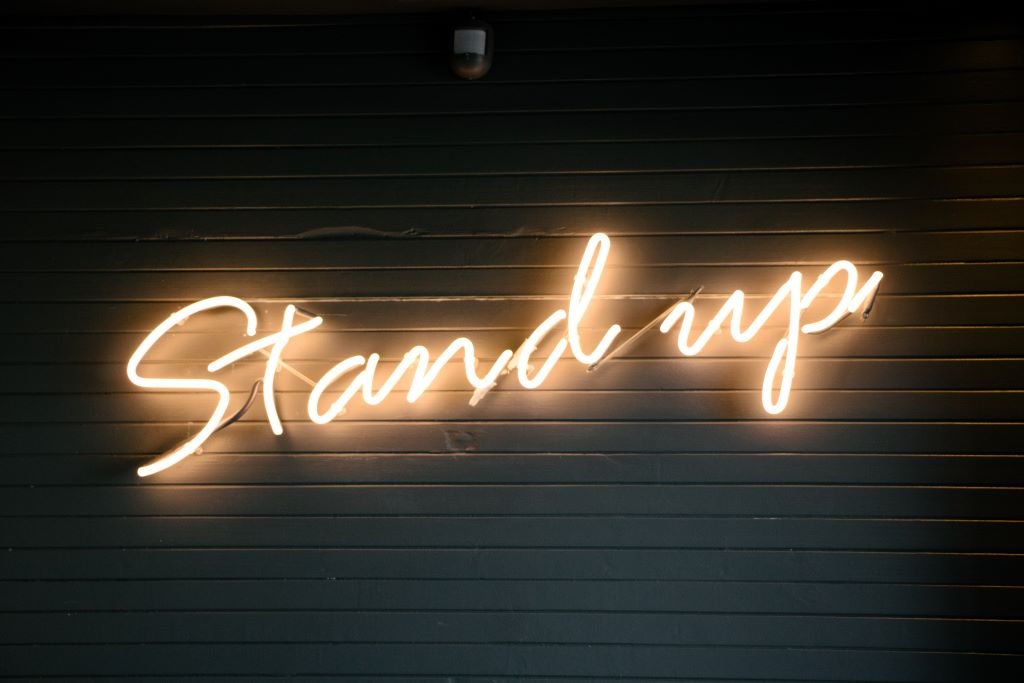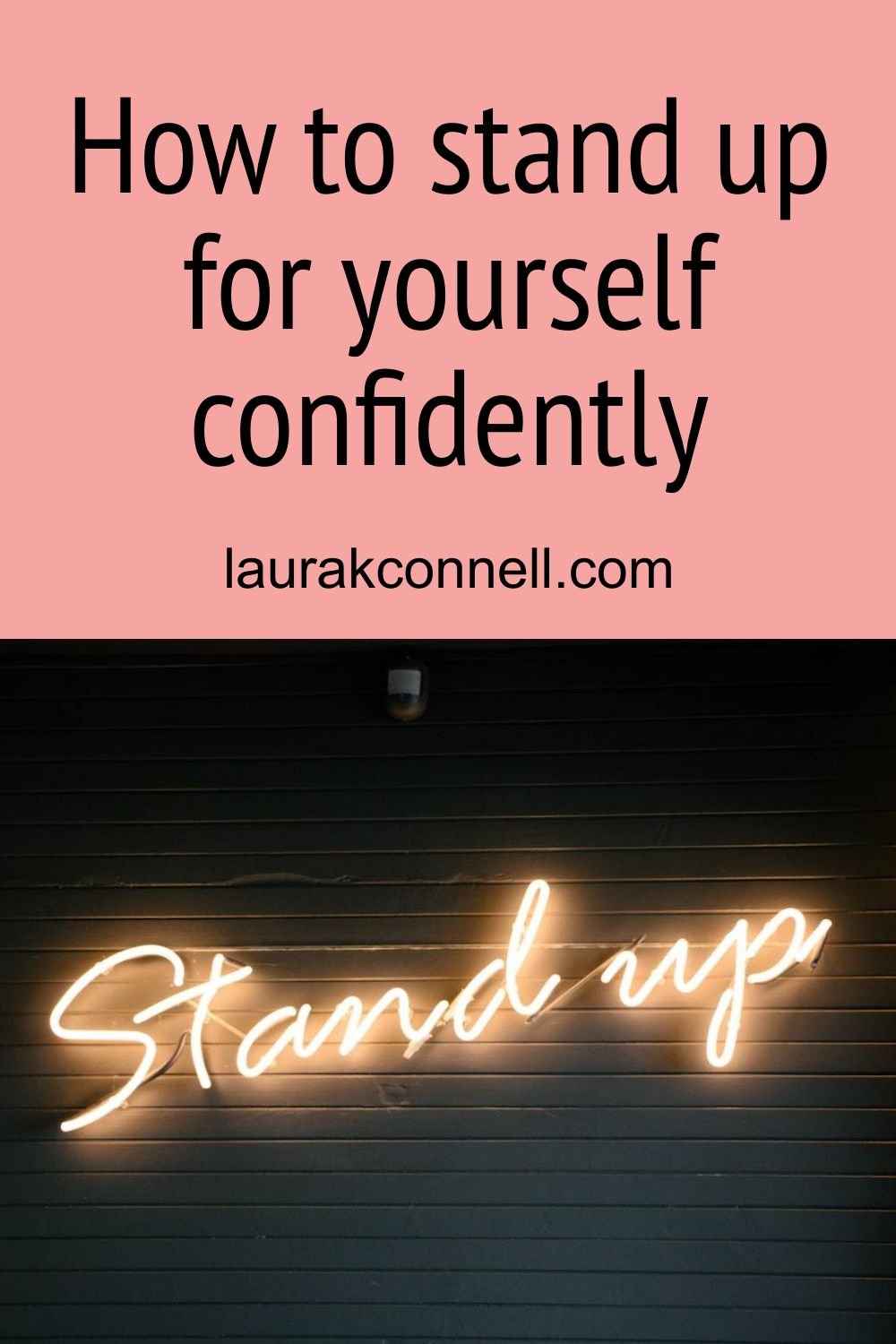How to overcome exhaustion from standing up for yourself
Photo by Louis Smit on Unsplash
If you grew up in a family like mine, you probably never learned the art of standing up for yourself. In fact, you learned the opposite: how to suppress your needs in favor of others.
They let you know (with or without words) that they were not on your side. You found yourself left to your own devices to survive and take care of your own needs, both physical and emotional.
In this post, you’ll learn how this childhood neglect created feelings of guilt and exhaustion around self-advocacy.
why standing up for yourself is hard
Even if you received food and shelter, physical needs include a warm embrace and regulated nervous system. A system that's been thrown out of whack by the unpredictable behavior of the adults around you.
Rather than how to stand up for yourself, you learned survival skills. That meant short-term safety took precedence over long-term well-being.
For example, as a child I turned down an opportunity to compete in a public speaking competition. I viewed the offer as a dangerous chance to fail and look stupid rather than an opportunity to grow and shine.
This is how childhood unmet needs make our world small and turn our brains against us. What we call self-sabotage as adults is self-protection our childish brains came up with to keep us safe.
Self-advocacy may not have entered your mind if you were raised by parents like mine. You were too busy figuring out what other people wanted and giving it to them. All because your caregivers made it clear they would reject you if you didn't do their bidding.
But now you've reached a point where you're questioning your lack of boundaries. You finally understand that you deserve more than you received as a child.
What happens when you start self-advocating
But something happens when you start standing up for yourself. Even when the result goes in your favor, you feel guilty or exhausted.
You've been conditioned to believe advocating on your own behalf makes you a bad person. Asking for what you want without sugar coating it in sickly sweetness feels mean.
Simply stating what you want in plain terms makes you feel like the biggest 'b' in the universe. Sure, it's great to take your own side, but the "hangover" after making your needs known can feel like a setback.
Much like the rhetoric around boundaries, most people don't talk about how setting new standards brings up conflicting feelings. You're proud of yourself for doing so, but knocked back by your own ambivalence.
Although good for us and essential for a healthy recovery and fulfilled life, self-advocacy can feel so exhausting that you want to curl up and take a nap.
How to overcome self-advocacy fatigue
Lean into self-compassion.
Accept your feelings without trying to change them. If you feel bad about standing up for yourself, acknowledge that rather than trying to talk yourself out of it.
It's natural to have mixed feelings when you're practicing something you've been taught to avoid your whole life. If you've learned that self-advocacy is selfish, give yourself grace for believing this is true at first.
Keep practicing.
The more you stand up for yourself the more natural it will feel. Continue asking yourself what's best for me in this situation rather than wondering what others want.
Thank yourself.
Give yourself a pat on the back for doing the hard work of expressing your needs. Rather than a selfish act, self-advocacy is honest communication that lets other know where you stand.
In the past, you may have secretly hoped they would read your mind which put your fate in their hands. Now you've taken back your power and this monumental shift is bound to feel tiring.
Thank your inner child for the ways she sought to keep you safe by refusing to express your needs. Let her know you're in charge now and she's free to relax or do something else while you take care of your needs.
next steps
Now, you know why standing up for yourself can be hard and what to do. Guilt around self-advocacy is just one outcome of unmet emotional needs in childhood.
To learn more about the adult outcomes of unmet childhood needs, and a 4-step process for healing, watch my masterclass here.


